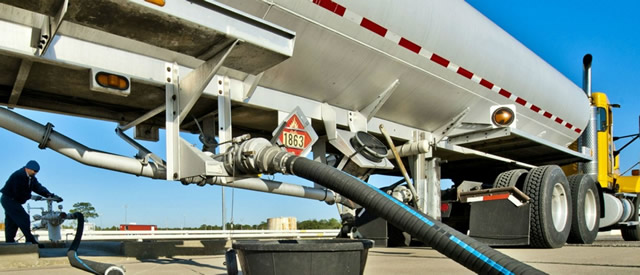Despite recent price stability, aviation fuel in Nigeria remains costly, posing challenges for airlines and passengers alike. Industry experts note that while fluctuations have eased, the current rates still place a heavy financial burden on operators.
The high cost of aviation fuel continues to drive up airfares, making domestic and international travel more expensive. Airlines have struggled to maintain profitability, with some adjusting flight schedules or increasing ticket prices to offset fuel expenses.

Stakeholders in the aviation sector are calling for government intervention, including subsidies or local refining solutions, to reduce reliance on costly imports. The persistent high prices are attributed to global oil market trends, foreign exchange rates, and supply chain inefficiencies.
As air travel demand grows, airlines and travelers hope for a long-term solution that will bring down fuel costs, ensuring more affordable and sustainable flight operations in the country.
Support InfoStride News' Credible Journalism: Only credible journalism can guarantee a fair, accountable and transparent society, including democracy and government. It involves a lot of efforts and money. We need your support. Click here to Donate
